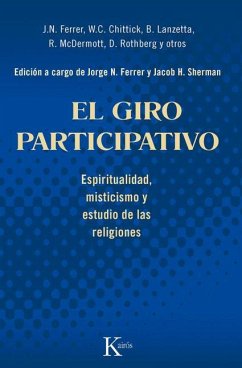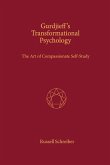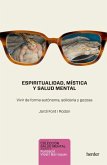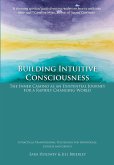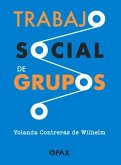With contributions from spiritual scholars such as William C. Chittick, Beverly Lanzetta, R. McDermott, and Donald Rothberg, this discussion proposes a new approach for studying religion, spirituality, and mysticism: the participatory turn, which holds that individuals and communities have an integral role to play in creating distinct but equally legitimate spiritual experiences, discoveries, and realities. Responding to questions such as Is there only one spiritual reality, or many? Are there different types of spiritual liberation? What is the role of ethics in interreligious dialogue? and How can different religious truths be evaluated?, this argument demonstrates the validity of every religion and spiritual tradition without resorting to simplistic relativisms or conventional reductionism. The first part of the book situates the participatory turn in the context of contemporary religious studies, while the second part shows how the approach can be applied to various global traditions, including Christianity, Hinduism, Sufism, and socially engaged Buddhism. Con contribuciones de eruditos espirituales como William C. Chittick, Beverly Lanzetta, R. McDermott y Donald Rothberg, esta discusión propone un nuevo enfoque para estudiar la religión, la espiritualidad y el misticismo: el giro participativo, el cual sostiene que los individuos y las comunidades desempeñan un papel íntegro en la creación de experiencias, realizaciones y realidades espirituales distintas pero igual de legítimas. Abordando preguntas como ¿Existe una sola realidad espiritual o muchas? ¿Hay distintos tipos de liberación espiritual? ¿Cuál es el lugar de la ética en el diálogo interreligioso? y ¿Cómo se pueden evaluar las verdades religiosas?, este argumento demuestra la validez de cada religión y tradición espiritual sin caer en relativismos simplistas o el reduccionismo convencional. La primera parte del libro sitúa el giro participativo en el contexto de los estudios religiosos actuales, mientras que la segunda parte explica cómo este enfoque se puede aplicar a diversas tradiciones globales, incluyendo el cristianismo, el hinduismo, el sufismo y el budismo socialmente consciente.
Hinweis: Dieser Artikel kann nur an eine deutsche Lieferadresse ausgeliefert werden.
Hinweis: Dieser Artikel kann nur an eine deutsche Lieferadresse ausgeliefert werden.

